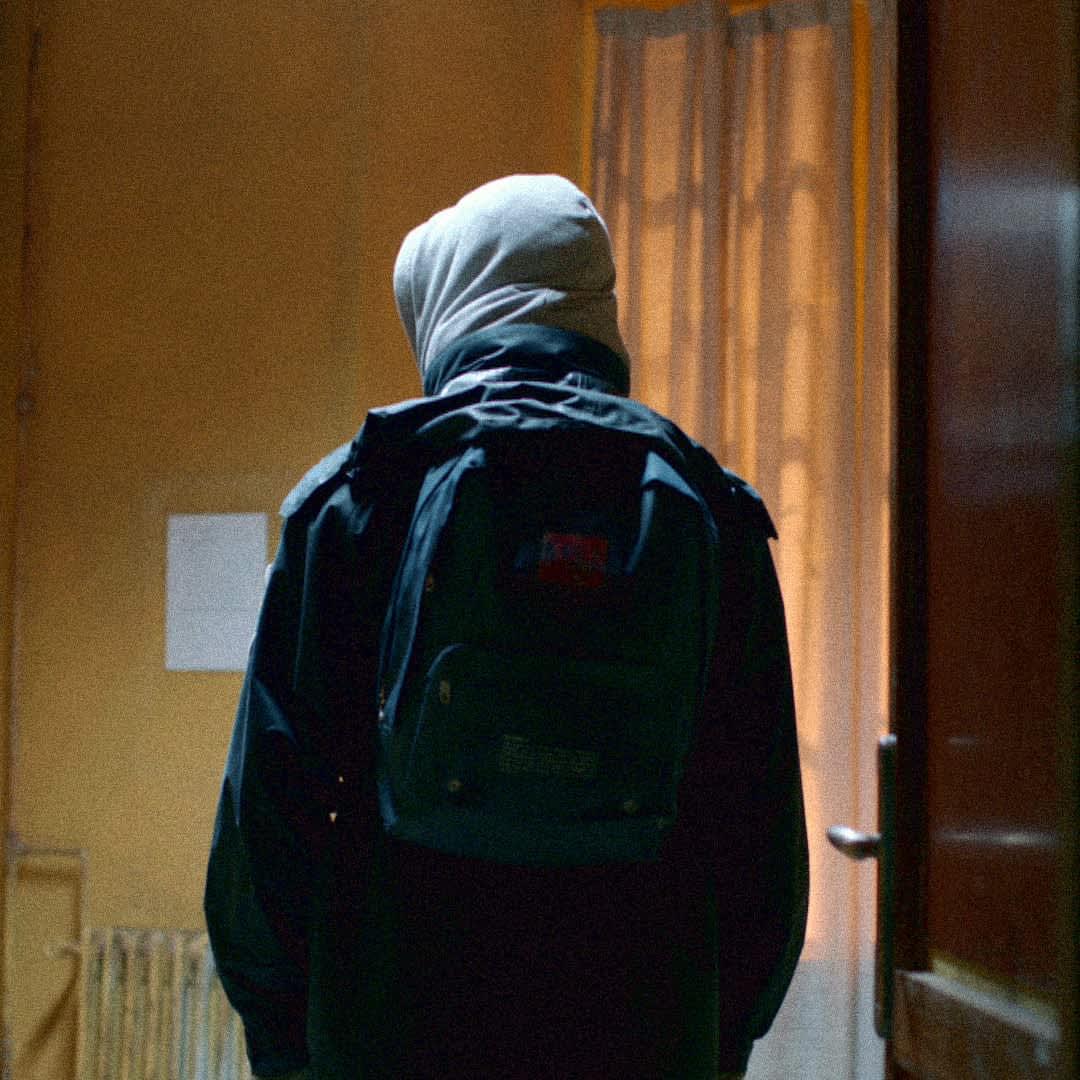
- POPSUGAR Australia
- Celebrity
- The Biggest Revelations From “Casey Anthony: Where the Truth Lies”
The Biggest Revelations From “Casey Anthony: Where the Truth Lies”

Casey Anthony is telling her side of the story for the first time. In the documentary “Casey Anthony: Where the Truth Lies,” which premieres on Peacock on Nov. 29, Anthony revisits the infamous case surrounding the death of her daughter Caylee and reveals new details about what she alleges happened.
On July 15, 2008, Caylee’s grandmother called 911 and reported that she hadn’t seen her granddaughter for 31 days. Anthony initially lied to detectives during the subsequent investigation and claimed Caylee had been kidnapped by a nanny. She was later arrested and charged with first-degree murder, though she was eventually found not guilty on that charge.
Now, a decade after the case became a media frenzy, Anthony revisits what happened in the three-part documentary. Ahead, check out some of the biggest revelations.
1. Anthony says the “Bella Vita” tattoo was part of her subconscious rebellion against her family.
One of the aspects of Anthony’s case that led public opinion to turn against her was the fact that she was seen partying after Caylee went missing – including famously getting a tattoo that reads “Bella Vita,” or “good life.” In the documentary, she claims she got the tattoo as a “f*ck you” to her family, elaborating that she got it because “my life was anything but” perfect.
She also claims she was able to compartmentalize Caylee’s death to the point where she could go out and act normally because of her alleged experiences with childhood sexual abuse, which she says taught her how to block out traumatic events at an early age. In the documentary, Anthony elaborates on allegations that her father, George Anthony, sexually abused her between the ages of 8 and 12, which he has denied. “There was so much anger and grief and sadness and shame,” she says of the alleged abuse.
2. Anthony says her father told her not to call the police during the 31 days Caylee was missing.
In the documentary, Anthony tells the story of what she alleges happened the day her daughter went missing. “I wasn’t feeling that great, and I wanted to lay down,” Anthony says of June 16, 2008. “I had her lay in bed with me.”
She continues, “I was awoken by [my father] shaking me and asking me where Caylee was. That didn’t make sense. She would never even leave my room without telling me. I immediately started looking around the house. I go outside and I’m looking to see where she could be.” She then claims she saw her father holding Caylee. “She was soaking wet. He handed her to me. Said it was my fault. That I caused it. But he didn’t rush to call 911 and he wasn’t trying to resuscitate her,” she says. “I collapsed with her in my arms. She was heavy, and she was cold. He takes her from me and he immediately softens his tone and says, ‘It’s going to be ok.’ I wanted to believe him. He took her from me and he went away.”
Anthony also alleges that her father continued to tell her Caylee was okay over the course of the next month. “During the 31 days, I genuinely believed Caylee was alive,” she says. “My father kept telling me she was okay. I just had to keep following his instructions. It’s like I was brainwashed.”
3. Anthony says she doesn’t think her daughter drowned.
Throughout the documentary, Anthony maintains that she still doesn’t know how Caylee died – but she insists that there’s no way Caylee could have climbed into the pool. “There was no ladder . . . no way for her to shimmy up,” she says. “There’s no way to explain that, unless [George] put her in the pool to cover up what he did.” She then doubles down on her theory. “I wasn’t the only one home,” she says. “I’m not outright accusing him of murder, but it wasn’t an accident.”
4. Anthony remains close to her defense team.
The documentary reveals that Anthony has maintained a close bond with members of her defense team in the years since her trial. Her lead defense investigator, Pat McKenna, took her in after the trial, and she has been working as a criminal defense legal assistant for McKenna for the past 10 years. She describes McKenna as “the closest thing to a real dad that I’ve ever had,” and throughout the documentary repeatedly says the team is like “family” to her. “I know that hearing some of this is going to make them hurt too, because they’re going to feel my pain,” Anthony says. “And that more than anything is the main reason I haven’t talked about it.” She goes on to say she’s put her memories “into boxes” to stay “protected,” but she’s telling her story now so she can “really [deal] with things.”


